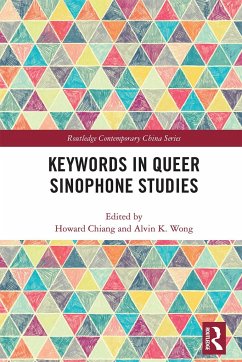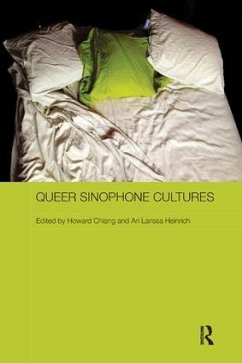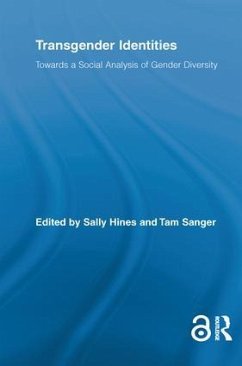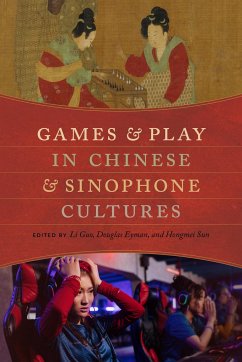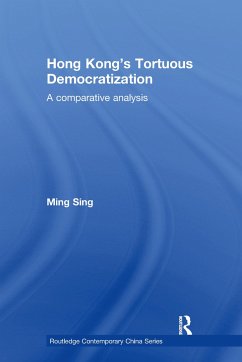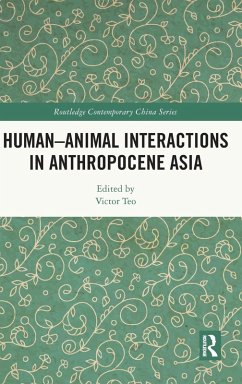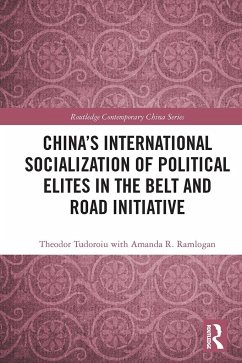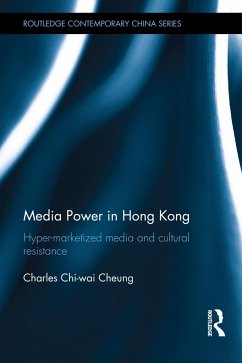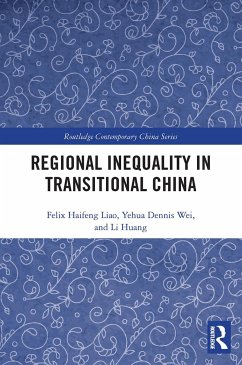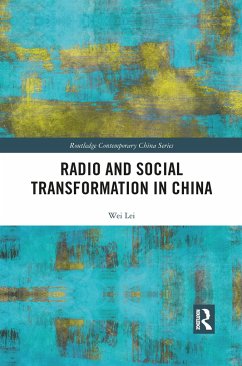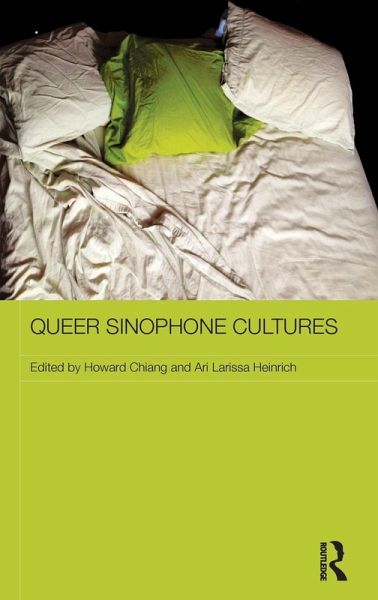
Queer Sinophone Cultures
Versandkostenfrei!
Versandfertig in 1-2 Wochen
177,99 €
inkl. MwSt.

PAYBACK Punkte
89 °P sammeln!
The Sinophone framework emphasises the diversity of Chinese-speaking communities and cultures, and seeks to move beyond a binary model of China and the West. Indeed, this strikingly resembles attempts within the queer studies movement to challenge the dimorphisms of sex and gender. Bringing together two areas of study that tend to be marginalised within their home disciplines Queer Sinophone Cultures innovatively advances both Sinophone studies and queer studies. It not only examines film and literature from Mainland China but expands its scope to encompass the underrepresented 'Sinophone' wor...
The Sinophone framework emphasises the diversity of Chinese-speaking communities and cultures, and seeks to move beyond a binary model of China and the West. Indeed, this strikingly resembles attempts within the queer studies movement to challenge the dimorphisms of sex and gender. Bringing together two areas of study that tend to be marginalised within their home disciplines Queer Sinophone Cultures innovatively advances both Sinophone studies and queer studies. It not only examines film and literature from Mainland China but expands its scope to encompass the underrepresented 'Sinophone' world at large (in this case Taiwan, Hong Kong, Malaysia, Singapore, and beyond). Further, where queer studies in the U.S., Europe, and Australia often ignore non-Western cultural phenomena, this book focuses squarely on Sinophone queerness, providing fresh critical analyses of a range of topics from works by the famous director Tsai Ming-Liang to the history of same-sex soft-core pornography made by the renowned Shaw Brothers Studios. By instigating a dialogue between Sinophone studies and queer studies, this book will have broad appeal to students and scholars of modern and contemporary China studies, particularly to those interested in film, literature, media, and performance. It will also be of great interest to those interested in queer studies more broadly.





